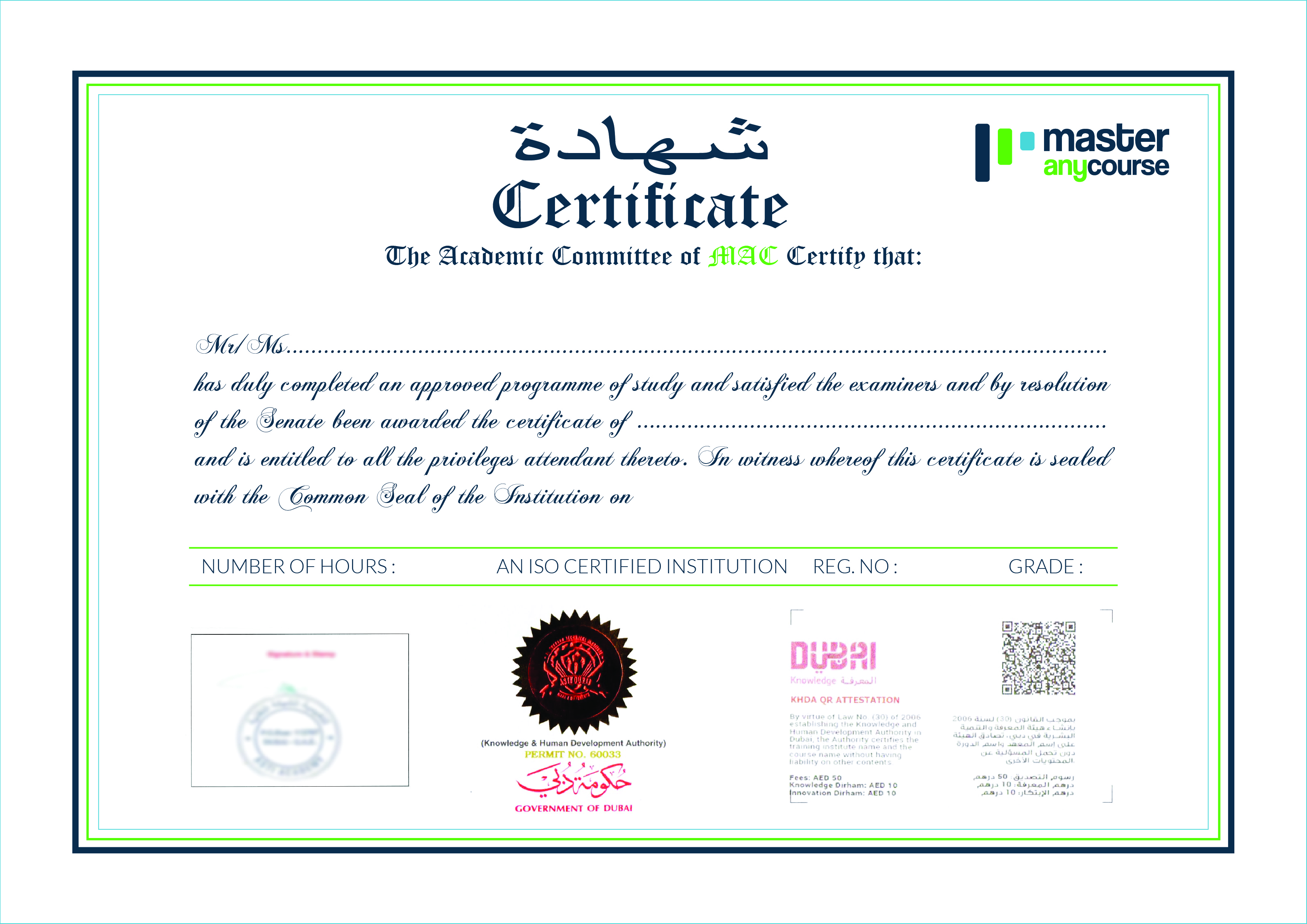High Demand and Growing Industry
Major automotive companies are shifting their focus to EVs, creating a surge in job opportunities.
"Foundations of Information Technology: A Comprehensive Curriculum for Aspiring IT Professionals"
Semester 1: Foundational Courses
Semester 2: Building Blocks of Computing
Semester 3: Core Computing Courses
Semester 4: Advanced Computing Courses
Semester 5: Specialization Courses
Semester 6: Capstone Courses
Semester 7: Elective Courses
Semester 8: Final Year Project
This course overview provides a comprehensive view of the curriculum structure, covering foundational courses in the first semester to specialized courses in the later semesters. The program culminates with a capstone project in the final semester.
The overall learning outcomes for all IT -related programmes are:
To understand and apply the principles of IT in a range of business environments
To understand and apply the principles in a specific environment
To improve the employability of learners by allowing them to explore the relationship between management theories and their practical application in the IT world
Analyze problem solving techniques specific to business and industry
Select, collate, review and analyze information form a wide range of sources
Effectively use verbal and communication skills
Work independently and as part of a team Manage one’s own personal development and growth
The Knowledge and Human Development Authority is the educational quality assurance and regulatory authority of the Government of Dubai, United Arab Emirates, Established in 2006.





Major automotive companies are shifting their focus to EVs, creating a surge in job opportunities.
Electric vehicles are the future of transportation. This course equips you with the knowledge and skills to excel in this dynamic field.
With a growing emphasis on environmental sustainability, electric vehicles are crucial in reducing carbon emissions
The course covers a wide range of topics, including EV technology, design, maintenance, and troubleshooting.
Our program emphasizes practical learning. You'll have the opportunity to work with actual EV components.
Upon successful completion, you'll receive a globally recognized certification, enhancing credentials.
| Know more about the course | |||
| Batch-1 | Saturday, Sunday | Morning batch | |
| Batch-2 | Saturday, Sunday | Evening batch | |
What is included in this course?
Connect with Your Instructor

Reviews
Leigh, 34, Bristol, UK
The courses are very well run with good practical examples, though occasionally not quite advanced enough.
Michael McConnell, 33, Leicester, UK
From initial contact Academy Class were extremely supportive and patient. I opted for the Electrical Vehicle course and was not disappointed. Only thing that could have been improved - it would have been nice to have taken away some kind of quick step-by-step guide for the things we had done so that we can try them again in our own time. Highly recommended.
Steven Ward, 38, Kuwait
I recently completed the first half of my diagnosis course for Electrical Vehicle and had forgotten exactly how much effort it takes to learn new skills and not just coast through work life as an Automobile Engineer. Thankfully the Master Any Course tutor was there to soften the blow.
Nicola Werritt, 28, Dammam, Saudi Arabia
I have just completed the Electrical Vehicle course and they made sure that all of his students knew and were confident with the software by the end of the course.
Giorgia Spanoudis, 29, London, UK
Academy class has state of the art facilities and combined The Course has an all-inclusive knowledge in the subject and continuously checked we had a full understanding for every topic.
Mala, 24, Bangalore, India
It was a good experience. I learnt all the stuff needed and I felt immersed in the lesson. The teacher was very understanding and answered all our questions. Not only did he answer our questions but gave us facts and help that we need not only for the exam but for real life experience and challenges.
Jonathan C Fridjhon, 22, London, England
I found the lecturer made it easy to listen and understand the class. Clear and interactive with the class which kept my interest. Would recommend.
Ethan Ghoreishi, 21, Leicester, England
I highly recommend the Master Any Course. The staff members were also friendly and informative. Thank you for the great experience!
Chimamkpa Kenneth, 32, Dubai, UAE
The Master Any Course is one of its kind, a very conducive environment and training the candidates in a manner that everyone can possibly get their exams done with ease.
Shazia hayat, 27, Abu Dhabi, UAE
I took my certification for EV Course in Automobile Engineering from Mater Any Course. The trainer they provided was amazing and very efficient in the ways of teaching and training. Would definitely consider this training center again for any other certifications.
SDG Sprianu
The electric vehicle program opened up a whole new world for me. I'm now working in a cutting-edge industry, and I owe it all to the fantastic training and support I received.
Hayley Stroud
The instructors were incredibly knowledgeable and made learning about electric vehicles both fun and informative. I'm proud to be a part of this program.
Adebowale Makanjuola
I never thought I'd be so passionate about electric vehicles until I joined this program. It's given me the skills to pursue my dream career.
Rachel Button
The hands-on experience I gained in the electric vehicle program was invaluable. I'm now working in a field that's changing the future of transportation.
Thanusan Tharmakantha
I couldn't have asked for better guidance and mentorship. This program helped me transition into a career I'm truly passionate about.
Ewelina S
The electric vehicle program not only gave me the knowledge but also the confidence to work on EVs. It's a game-changer for anyone interested in this field.
Kranker
I learned more in this program than I ever thought possible. I'm now equipped to work on electric vehicles and be part of the green revolution.
Rhys Williams
The instructors' dedication to our success was remarkable. The program is top-notch, and I'm excited about the job opportunities it's opened up for me.
Lauren Jenkins
This program goes beyond theory; it's all about practical skills. The knowledge and experience I gained are directly applicable to the electric vehicle industry.
Tracy Haynes
I highly recommend this program to anyone interested in electric vehicles. It's a fantastic opportunity to be part of an industry that's shaping the future.